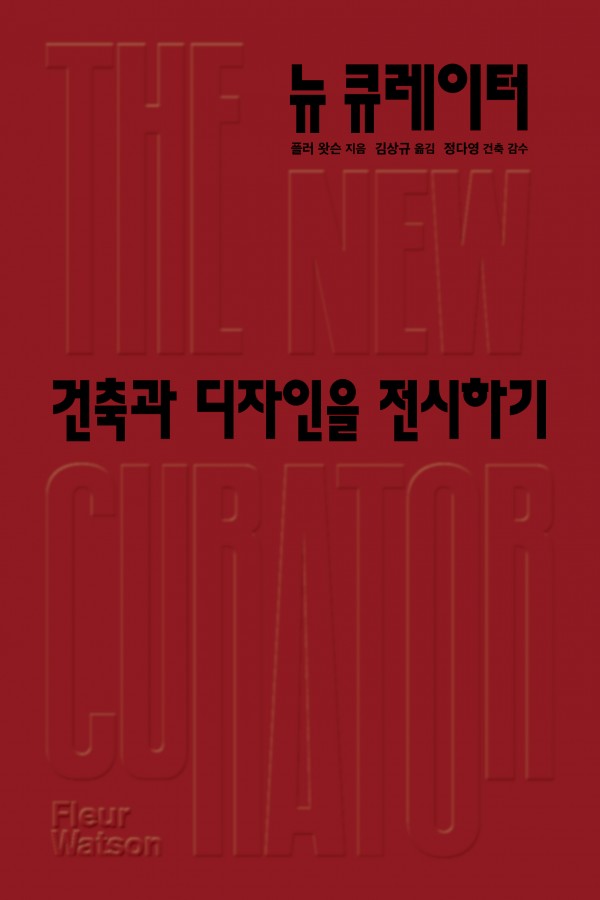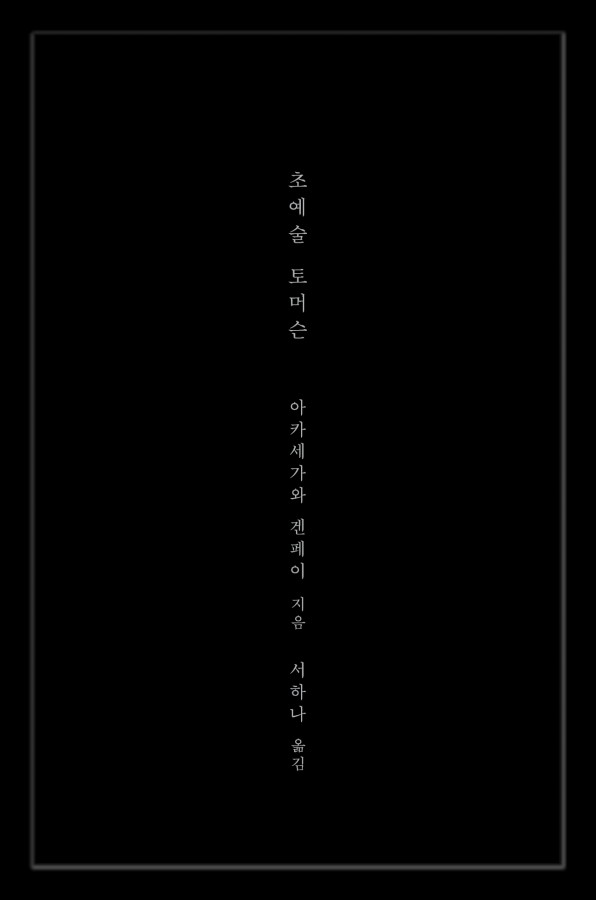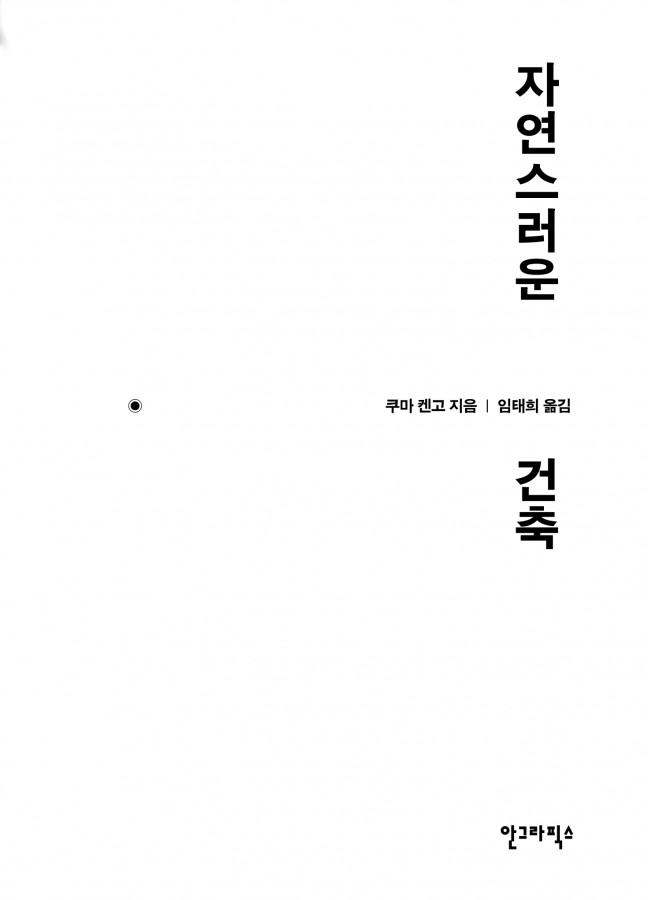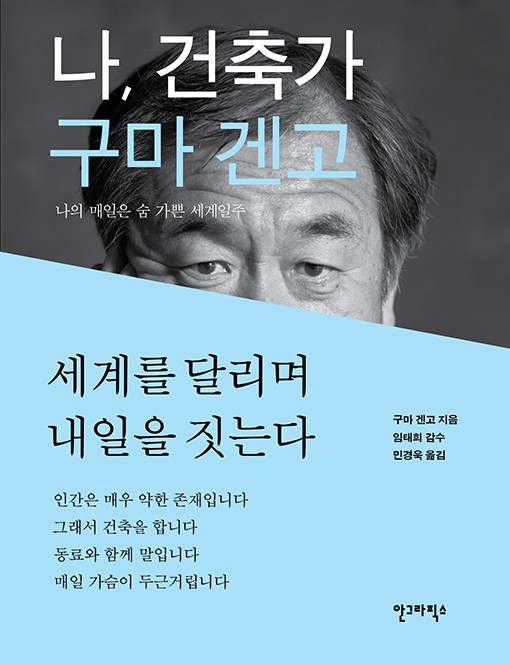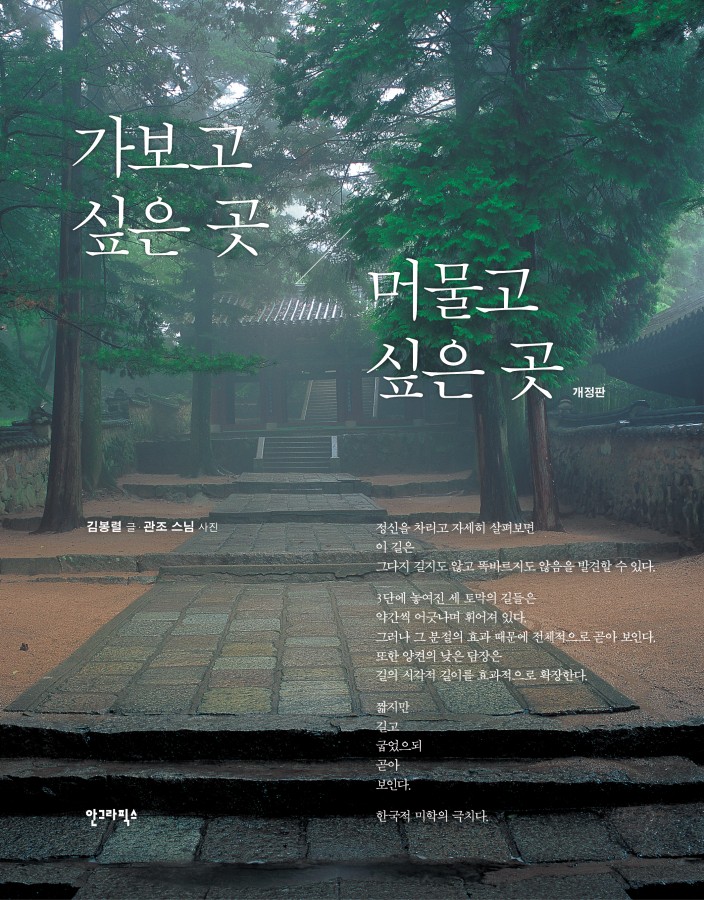Yamamoto Riken Wins the 2024 Pritzker Prize
“You can live even if you’re not rich.”
“Small technologies can be profitable.”
“Goodbye, single-family homes. Goodbye, homeownership policies.”
“You no longer have to be stuck at home.”
“You can enjoy life even alone.”
“Elderly people live freely but are not alone.”
“Rental, not ownership.”
“A pleasant outdoor space.”
“A comfortable place to gather.”
“No parenting stress.”
Housing Policies Have Failed
We have long believed that the most important role of housing is to ensure privacy and security. For developers selling homes, this has also been their primary marketing strategy. As a result, our homes have become increasingly isolated spaces, excluding outsiders and turning into sealed-off boxes. However, this concept of housing—one that we take for granted—originated from the postwar government’s “one household, one home” policy. This model was implemented as part of postwar economic growth, where large-scale housing developments were constructed and supplied as commodities by private real estate companies.
Due to the homeownership policy, we have ended up investing nearly all of our income into buying homes, sacrificing the joy of shared living, and fostering extreme localism. The idea of being part of a mutual, caring community has faded, as housing decisions have become purely driven by economic gains and personal financial interests.
Is it really impossible to break free from this vicious cycle?
Architect Yamamoto Riken, the author of this book, argues that a new vision for living is indeed possible.
A New Housing Policy is Needed Now
Renowned Japanese architect Yamamoto Riken has spent years contemplating the role of architecture in a changing society. As traditional family structures dissolve and governments can no longer guarantee welfare or secure the future of their citizens, he argues that it is time to envision a different kind of housing and community.
The rising popularity of “peanut houses” (two homes built on a single plot), shared housing, and co-housing reflects a shift in social structures, indicating the need for alternative housing solutions. Yamamoto proposes that instead of investing time and money into acquiring a single home, we should abandon the idea of private ownership altogether in favor of shared, open, and rental-based living arrangements.
His concept of “Community Rights” maximizes the benefits of collective living and mutual support through multi-unit housing policies. This model integrates minimal private spaces with extensive shared spaces, fostering a fully accessible, open community. Within a 500-person community unit, residents rent modular housing, shifting away from ownership-based living to a more flexible, community-driven model.
By presenting practical and detailed solutions, Yamamoto proves that “Community Rights” is not just an idealistic vision, but a feasible housing policy. His thorough breakdown of energy systems, transportation, shared facilities, and essential infrastructure demonstrates the urgency and sincerity behind his vision for the Community Rights system.
A Proposal for a New Way of Life: Community Rights
This book is the result of four years of collaborative research by experts from various fields, exploring the concept of “Community Rights.” It is not merely a provocative call to experiment with new housing models, but rather a form of resistance against the capitalist system that erodes our quality of life.
In a world where capitalism standardizes, fragments, and commodifies everything, Yamamoto argues that we can restore our way of life to one rooted in community and shared existence. He challenges the forced notions that privacy and security should always come first in housing, and that homeownership is an absolute necessity. If we break free from these fixed ideas, he believes that anyone can experience a richer, more fulfilling life.
Until now, housing has been treated as a tool of economic policy, rather than a fundamental part of everyday life. However, housing should be understood within the realm of human experience and daily living. The looming threats of economic instability and social isolation in future societies can be addressed through a new housing policy—one that redefines community and ownership.
This is precisely why Yamamoto Riken’s vision of “Community Rights” is more relevant than ever. It offers a tangible solution to our growing uncertainties and presents a new way forward for how we live together.

